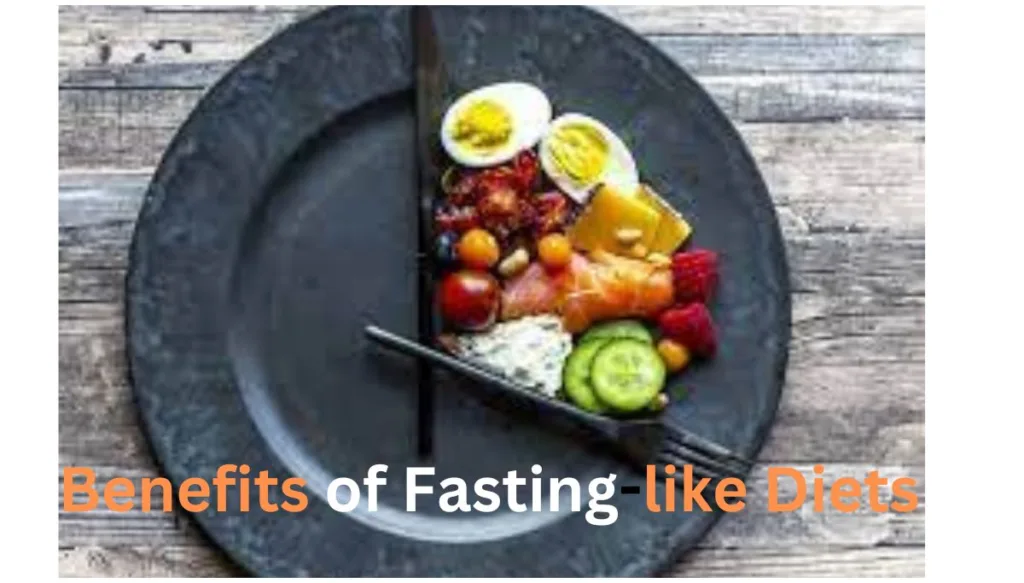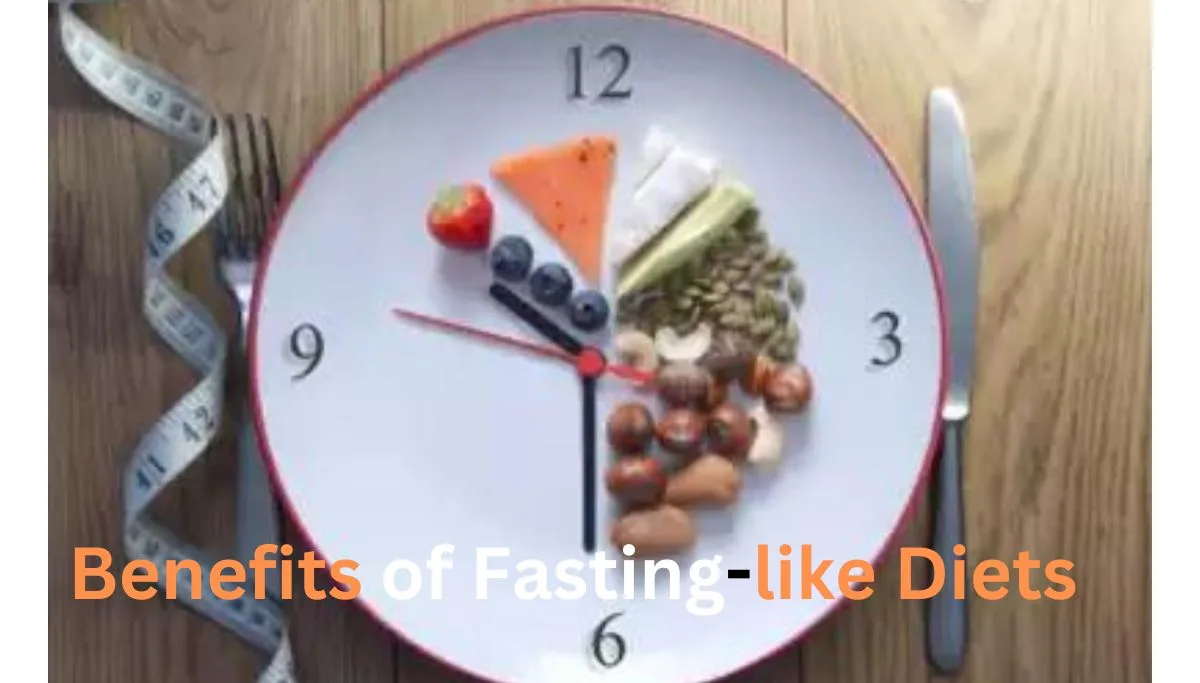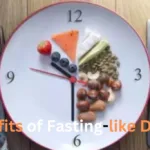Introduction
(fasting-like diets)In a groundbreaking study, researchers have suggested that a fasting-like diet could hold the key to slowing down the aging process, leading to a longer and healthier life. This article delves into the study’s findings, shedding light on the potential benefits of adopting such a dietary approach.

Understanding Fasting-like Diet
A fasting-like diet, as implied by its name, mimics the effects of fasting without requiring complete abstinence from food. It typically involves cycles of fasting and eating, promoting periods of calorie restriction to induce physiological changes associated with fasting.
Mechanisms Behind Aging
Aging is a complex biological process influenced by various factors, including genetic predisposition, lifestyle choices, and environmental influences. At the cellular level, aging is characterized by a gradual decline in cellular function and an accumulation of cellular damage over time.
Impact of Diet on Aging
Emerging research suggests that diet plays a crucial role in modulating the aging process. Certain dietary patterns, such as the Mediterranean diet and intermittent fasting, have been associated with longevity and reduced risk of age-related diseases.
Study Findings, Fasting-like Diets
The recent study exploring the effects of a fasting-like diet on aging yielded promising results. Researchers observed significant improvements in markers of aging, including reduced inflammation, improved metabolic health, and enhanced cellular repair mechanisms.
Benefits of Fasting-like Diet
The potential benefits of adopting a fasting-like diet extend beyond mere weight loss. Studies have indicated that intermittent fasting and similar dietary approaches may promote cellular autophagy, a process that helps remove damaged cellular components and maintain cellular health.
Implementing a Fasting-like Diet
Incorporating a fasting-like diet into one’s lifestyle requires careful planning and consideration. It’s essential to consult with a healthcare professional or a registered dietitian to ensure that the dietary approach is safe and suitable for individual needs.

Potential Risks and Considerations
While fasting-like diets offer promising health benefits, they may not be suitable for everyone. Individuals with certain medical conditions, such as diabetes or eating disorders, should exercise caution when considering fasting-like dietary interventions.
Expert Insights and Recommendations
Experts in the field emphasize the importance of adopting a holistic approach to healthy aging, which includes regular physical activity, stress management, adequate sleep, and a balanced diet. While fasting-like diets may offer potential benefits, they should be viewed as one component of a comprehensive lifestyle approach to aging well.
Frequently Asked Questions (FAQs)
- How does a fasting-like diet affect the aging process?
- A fasting-like diet may promote cellular repair mechanisms and reduce inflammation, potentially slowing down the aging process.
- Is intermittent fasting safe for everyone?
- Intermittent fasting may not be suitable for individuals with certain medical conditions or those who are pregnant or breastfeeding. It’s essential to consult with a healthcare professional before starting any fasting regimen.
- Can fasting-like diets help with weight loss?
- While fasting-like diets may lead to weight loss, their primary focus is on promoting health and longevity rather than solely targeting weight reduction.
- What are some common fasting-like diet protocols?
- Popular fasting-like diet protocols include the 5:2 diet, where individuals eat normally for five days and restrict calorie intake on two non-consecutive days, and the 16/8 method, which involves fasting for 16 hours daily and consuming all meals within an eight-hour window.
- Are there any potential side effects of fasting-like diets?
- Some individuals may experience side effects such as fatigue, dizziness, or irritability when starting a fasting-like diet. These symptoms typically subside as the body adjusts to the new eating pattern.
- Can fasting-like diets reverse the aging process?
- While fasting-like diets show promise in promoting healthy aging, they are unlikely to reverse the aging process entirely. However, they may help mitigate age-related health issues and improve overall well-being.
Conclusion
The study’s findings suggest that adopting a fasting-like diet could offer a viable strategy for slowing down the aging process and promoting longevity. By incorporating periods of calorie restriction into one’s lifestyle, individuals may enhance cellular repair mechanisms, reduce inflammation, and improve metabolic health. However, it’s essential to approach fasting-like diets with caution and seek guidance from healthcare professionals to ensure safety and efficacy.







